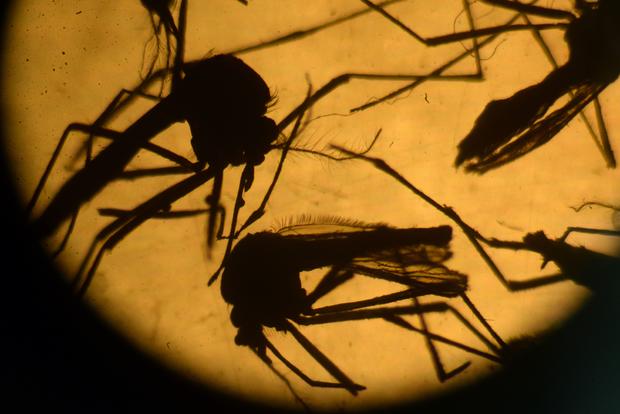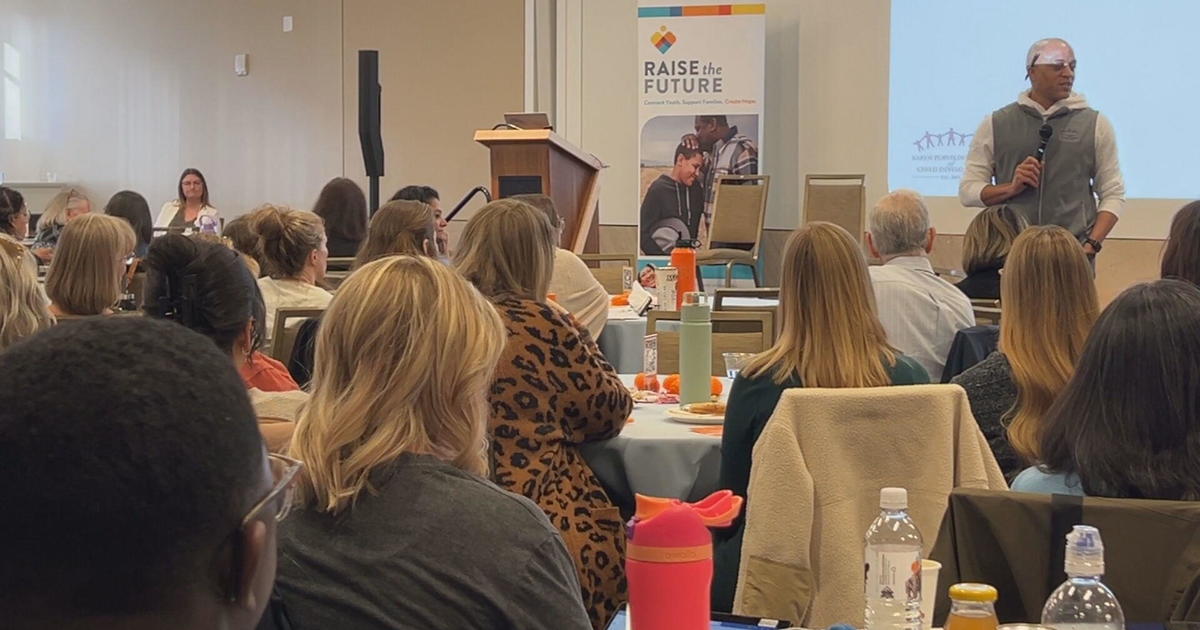Researchers Study Zika Virus In CDC Lab In Colorado
FORT COLLINS, Colo. (CBS4) - With scientists scrambling to understand the unprecedented outbreak of Zika in Central and South America, Fort Collins has become "ground zero" for Zika virus research.
That's according to Centers for Disease Control and Prevention officials, who say researchers at the Fort Collins facility are working around the clock to test samples, build labs and train others in how to diagnose the disease. On Friday, Colorado's two U.S. senators Sen. Michael Bennet and Sen. Cory Gardner toured the facility to understand what's being done in Colorado to study and fight the virus.
In the U.S., the Fort Collins facility is the main testing site for potential Zika cases. Every day, researchers there diagnose samples that come in from around the world. Mosquitoes reared in labs help scientists understand how the virus spreads.
"We have about 80-85 people in the Arboviral diseases branch," said acting branch chief Ann Powers. "There is not one of them who is not working on Zika virus right now, everybody has been pulled in."
While the primary goal of researchers working at the Fort Collins facility is to diagnose cases, they are also involved in studies that are investigating the risks Zika virus poses to human health.
"This is ground zero for CDC Zika virus research," Powers said.
Over the last three months, teams of CDC epidemiologists are traveling to Central and South American countries like Brazil that have been impacted by the outbreak. Some are studying the severe birth defects that the virus appears to be causing, including two neurological disorders: microcephaly and Guillian-Barre syndrome. Laboratory scientists are setting up labs in Brazil and training healthcare workers in how to efficiently and quickly test for the virus.
"For me, what's most impressive of course is the incredible work and dedication of the staff," Gardner, a Republican, said.
"One of the things that we always are reminded when something like this happens is how reliant the rest of the world is on the work that's done by the CDC," said Bennet, a Democrat. "This isn't just about us. The rest of the world can't solve Ebola without the United States, it can't deal with Zika without the work of our scientists."
Zika is a disease caused by Zika virus that is spread to people primarily through the bite of an infected Aedes species mosquito, according to the CDC website. Researchers in Fort Collins began studying the virus in 2007, before the first known outbreak was ever recorded. It was considered a low-priority project for years, Powers said, though work on the virus never stopped. Zika had been thought to mostly cause only mild symptoms. That changed in late 2015. In 2010, Bennet says he fought proposed federal cuts that could have shut down facilities like the one in Fort Collins.
"They (staff) said at the time they thought that would be penny wise and foolish and leave the country exposed, the world exposed," Bennet said, "well, it turns out they were right and I'm glad they're still here."
While Zika virus has not so far been transmitted within the U.S., there are a growing number of pregnant women who have traveled to affected countries and want to get tested for the virus. World health officials are urging pregnant women to consult their doctors before traveling to countries where Zika infections are rising.
Lauren DiSpirito is CBS4's Northern Newsroom reporter. Follow her on Twitter @CBS4Lauren. Share your story ideas with her here.




